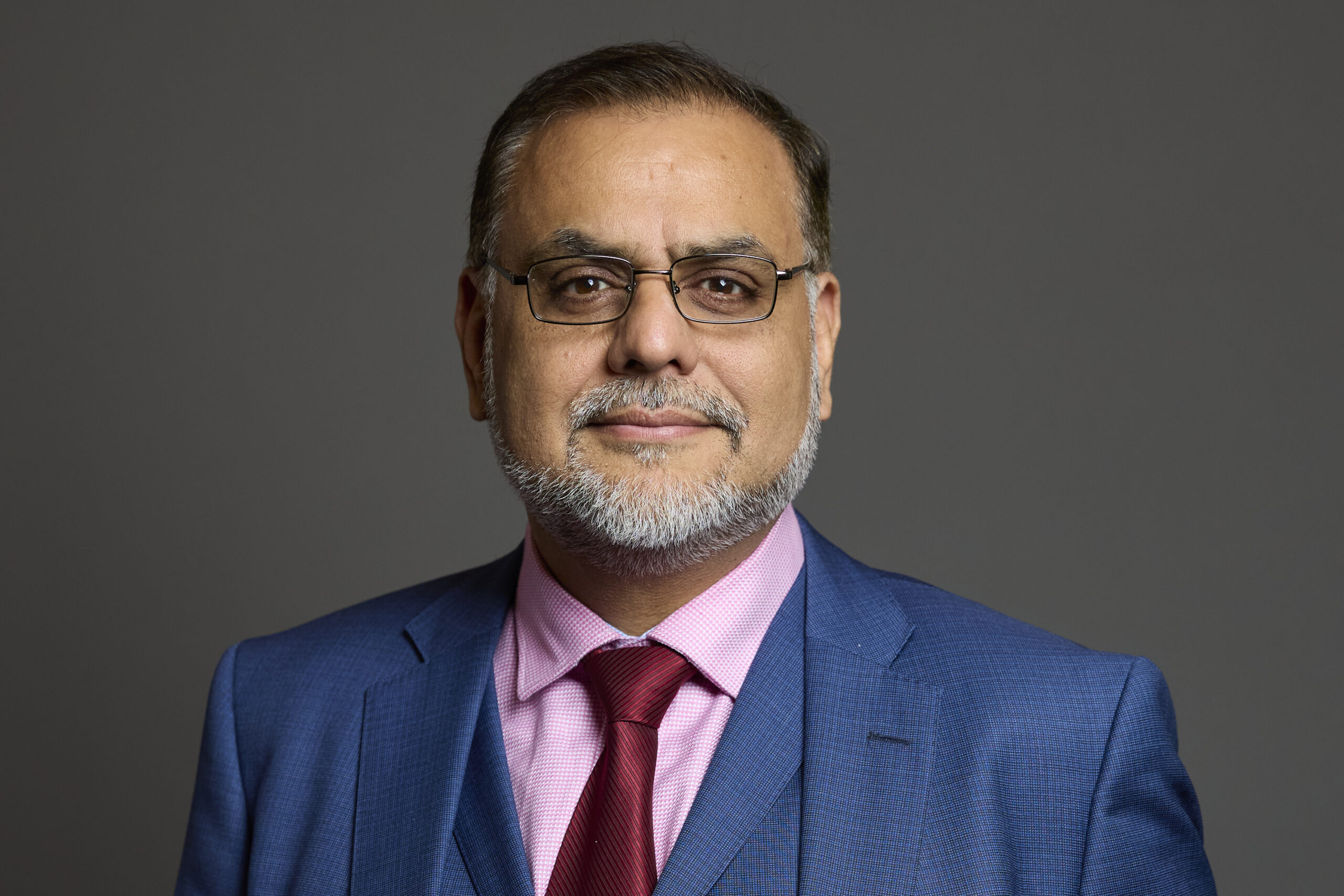In the heart of crisis, where darkness surrounds the innocent, there stands the unwavering humanitarian aid workers — heroes whose courage and compassion drive life-saving efforts amidst impossible odds. With 289 aid workers having paid the ultimate sacrifice, their commitment to alleviating suffering is a testament to the resilience of the human spirit.
The statistics are staggering:
- 90% of Gaza’s population is displaced, a harrowing reality that speaks to the desperation of millions searching for refuge.
- 96% face acute food insecurity, highlighting an urgent need for basic sustenance that should be a universal right.
- The reported 42,000 deaths are devastatingly compounded by evidence suggesting a much graver toll—up to 186,000 lives lost—as cited by The Lancet.
Imagine, for a moment, the scenes unfolding daily: 10 children confronted with amputations, often without anaesthesia — each surgery a painful reminder of the violent backdrop. Half a million suffering from diseases like jaundice, born of malnutrition and unsanitary living conditions—these are not merely statistics, they are human beings with hopes, dreams, and futures.
Aid delivery has become a critical bottleneck. Before October 7th, Gaza received 500 trucks of aid per day; Oxfam say this number has plummeted to just 52. This drastic reduction is not due to a lack of need or supplies, but rather the logistical barriers that obstruct timely delivery. It raises the question: how can we ensure that lifesaving aid urgently reaches those in desperate need?
I commend the reinstatement of UNRWA funding by the Government. However, we must push for more solutions to vastly ramp up aid delivery to Gaza.
The turnout of MPs from across the political spectrum during the debate on Humanitarian Aid and Gaza reflects a growing recognition of the crisis. It is imperative that we translate this collective concern into action—overcoming the logistical and political hurdles that currently obstruct aid.


